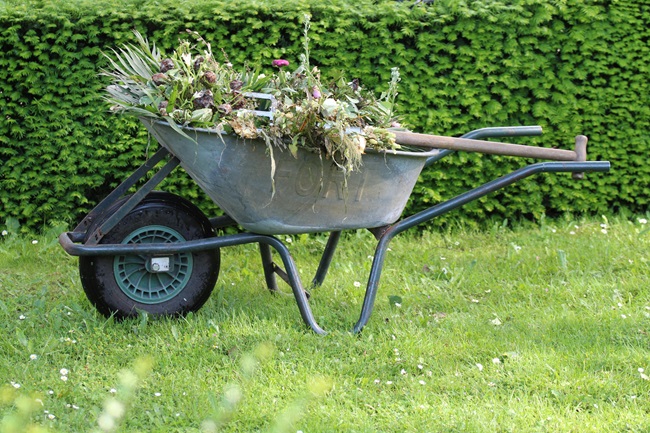
Weeds are an inevitable part of gardening and agriculture, competing with desired plants for nutrients, water, and sunlight. While chemical herbicides may offer quick results, they often come with environmental and health risks. Organic and sustainable weed control methods provide effective alternatives that promote ecological balance and soil health. This article explores some practical, eco-friendly strategies for managing weeds.
1. Mulching
Mulching is a simple yet highly effective way to suppress weeds. Organic materials such as straw, wood chips, grass clippings, or shredded leaves create a barrier that prevents sunlight from reaching weed seeds, inhibiting their germination. Additionally, mulch improves soil moisture retention, temperature regulation, and nutrient levels as it decomposes.
Tips for Effective Mulching
- Apply a 2-4-inch-thick layer of organic mulch around plants.
- Avoid piling mulch against plant stems to prevent rot.
- Replenish mulch periodically as it breaks down.
2. Hand Pulling and Hoeing
Physical removal of weeds is one of the oldest and most reliable methods of weed control. Hand pulling ensures that the weed, including its roots, is completely removed, reducing the chances of regrowth. A hoe is particularly useful for slicing weeds at the soil surface in larger areas.
Best Practices
- Remove weeds when the soil is moist for easier root extraction.
- Use ergonomic tools to minimize strain.
- Regularly inspect your garden to catch weeds early.
3. Crop Rotation and Companion Planting
Crop rotation disrupts weed life cycles by alternating the types of crops grown in a specific area. Companion planting involves strategically pairing plants to suppress weeds, deter pests, or enhance growth.
Examples
- Plant fast-growing ground covers like clover to outcompete weeds.
- Use tall crops like corn to provide shade that inhibits weed growth.
4. Flame Weeding
Flame weeding involves using a propane-powered torch to expose weeds to intense heat, effectively destroying their cellular structure. This method is particularly effective for annual weeds and is safe for the environment when done responsibly.
Safety Tips
- Avoid flame weeding during dry or windy conditions to prevent fire hazards.
- Use protective gear and follow manufacturer instructions.
5. Soil Solarization
Soil solarization harnesses the sun’s heat to kill weed seeds and pathogens. This method involves covering moist soil with clear plastic sheeting for 4-6 weeks during the hottest part of the year.
Steps to Solarize Soil
- Till and level the soil to remove debris.
- Water the area thoroughly before covering it with plastic.
- Secure the edges of the plastic to trap heat effectively.
6. Organic Herbicides
Organic herbicides, such as those made from acetic acid (vinegar) or citric acid, provide a chemical-free way to manage weeds. These solutions are most effective on young weeds and are biodegradable, reducing environmental impact.
Application Tips
- Apply on a sunny day for maximum effectiveness.
- Avoid contact with desired plants, as organic herbicides are non-selective.
7. Encourage Soil Health
Healthy soil supports robust plant growth, which naturally suppresses weeds. Incorporate organic matter like compost to improve soil fertility and structure.
Additional Practices
- Avoid over-tilling, which can bring dormant weed seeds to the surface.
- Maintain proper soil pH to optimize conditions for desired plants.
8. Utilize Cover Crops
Cover crops such as rye, buckwheat, or legumes are planted to smother weeds and prevent erosion. They also add organic matter to the soil when tilled under.
Key Benefits
- Reduce weed pressure by blocking sunlight.
- Improve soil structure and fertility.
Conclusion
Organic and sustainable weed control methods offer a holistic approach to managing weeds while fostering a healthy ecosystem. By combining techniques like mulching, crop rotation, and the use of cover crops, gardeners and farmers can effectively reduce weeds without harming the environment. Embracing these strategies not only benefits the soil and plants but also contributes to a healthier planet.



Comment here